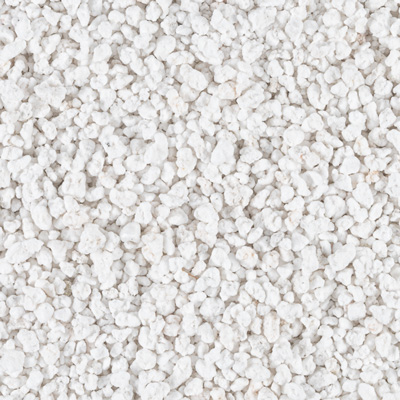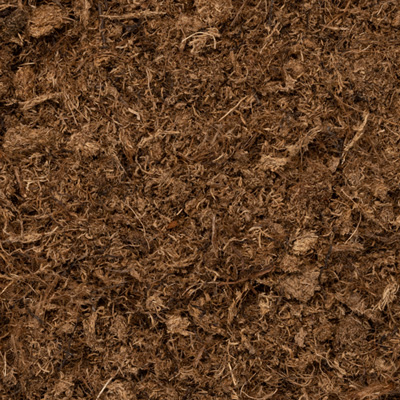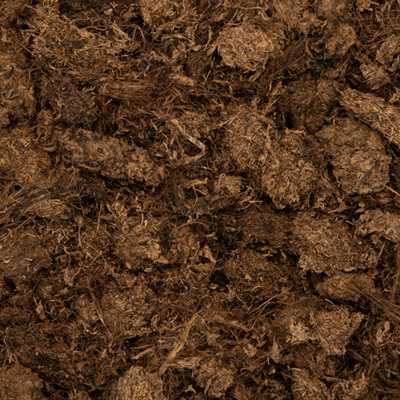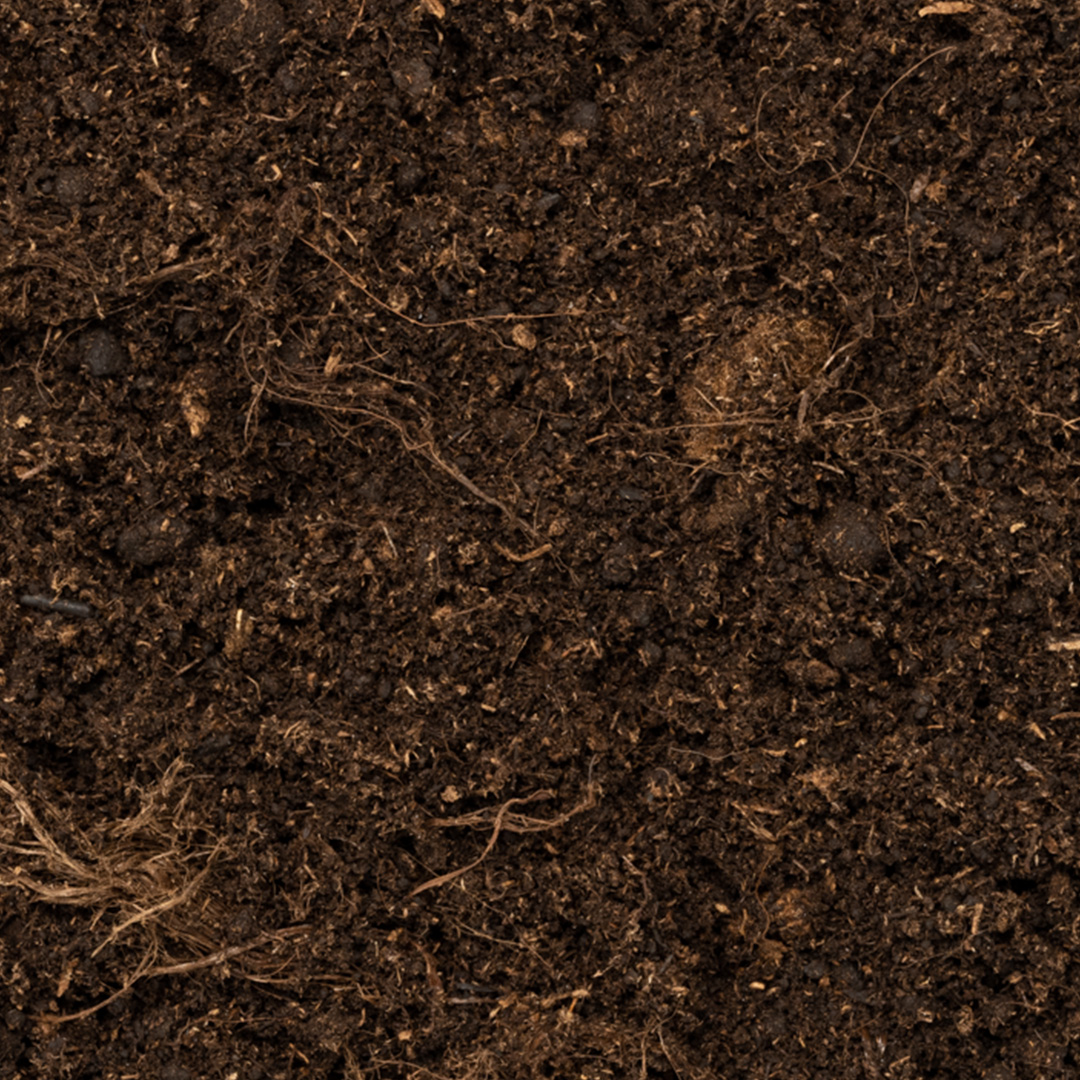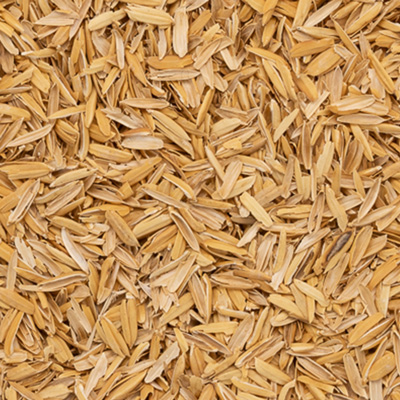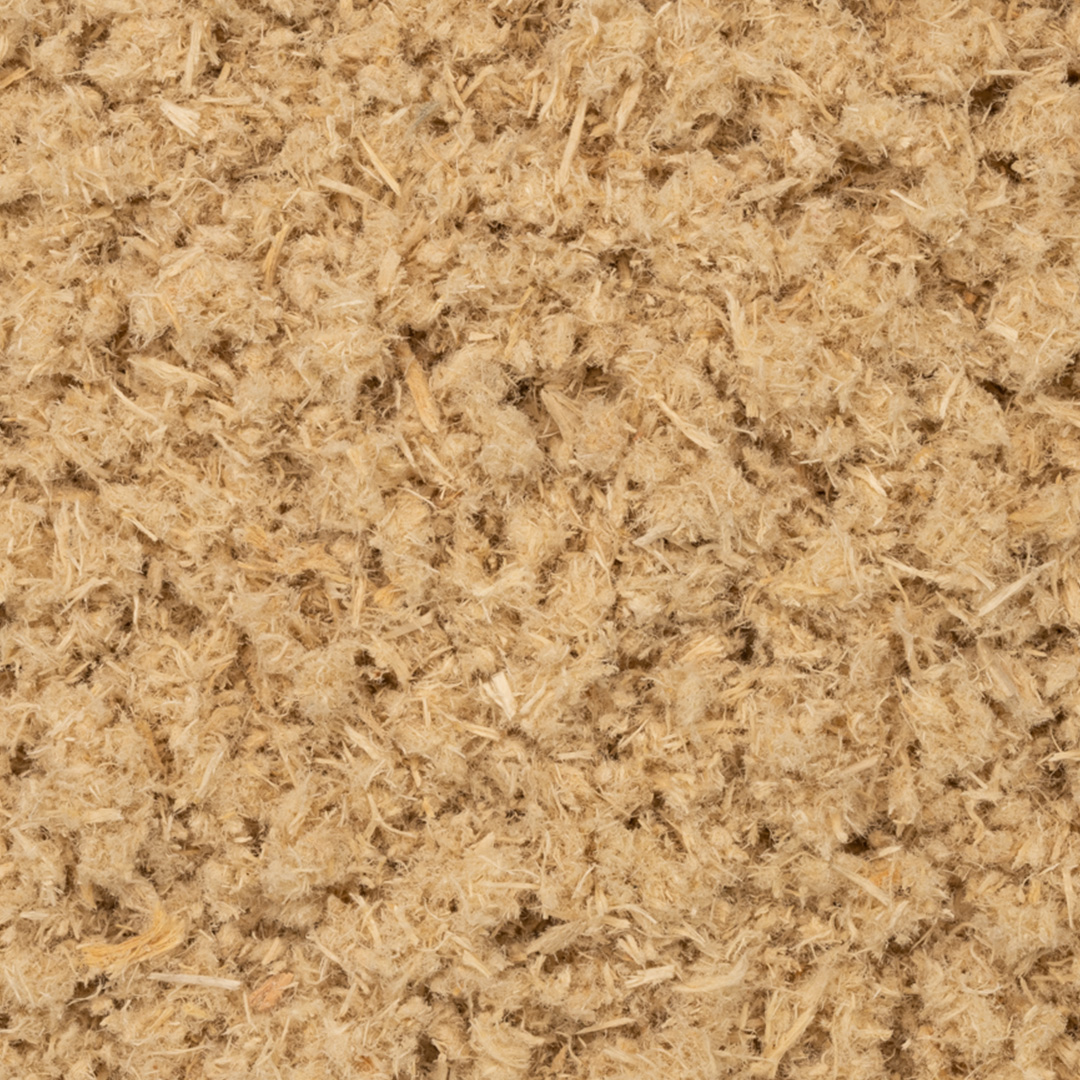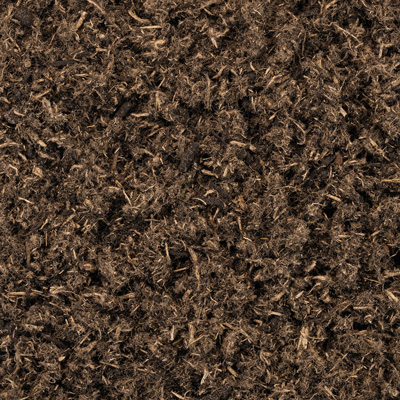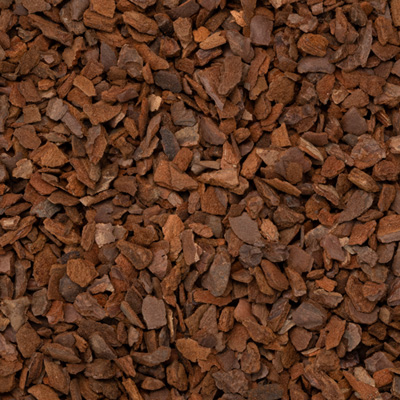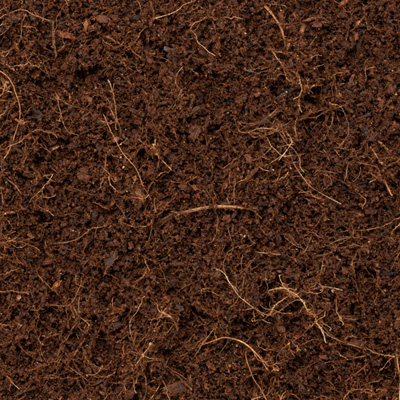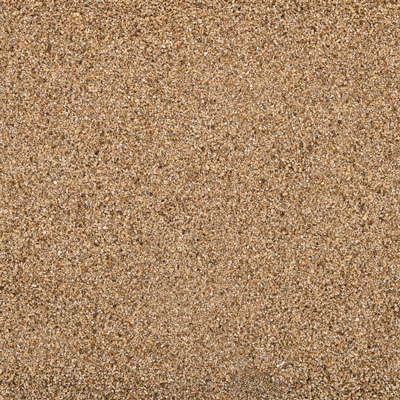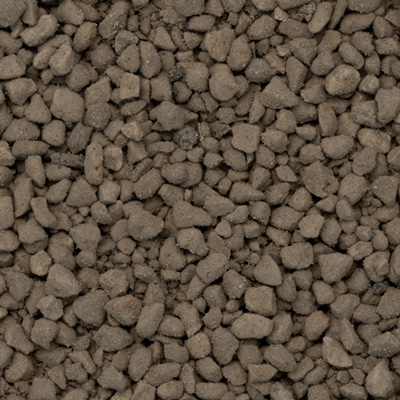Perlite is a form of volcanic, glasslike rock that is mined all over the world. It is milled, screened and then heated to about 1000 degrees Celsius when it ‘pops’ like popcorn. The water trapped in the rock changes into a gaseous form, allowing the rock to expand its original volume by up to 20 times.
The many open pores in perlite allow it to absorb water easily. Perlite can hold a lot of water and air and has a positive influence on aeration and water absorption. It also reduces shrinkage of potting soil mixtures and contributes to an airy and stable structure, as well as creating better drainage in the potting soil. In poorly-drained substrates, plants are more susceptible to disease and damage caused by insects.
Insight into sustainability and eco-footprint
The themes of sustainability and environmentally-conscious cultivation are gaining traction throughout the horticultural sector. To support growers in this transition, all our substrates are categorised into a sustainability class. This class gives our customers continuous insight into the sustainability and circularity of a substrate and the corresponding properties. This classification system not only aims to offer CO2 and peat-free substrates, it also examines the origin and type of organic raw materials and fertilisers.
Four different classes are used: A, B, C and D. The sustainability class of a substrate is determined based on a set of pre-defined standards. By taking these criteria into account when formulating a substrate blend, we can produce a product with the desired sustainability class.
The table below shows the different classes and the applicable criteria ranging from the peat percentage to increasing use of circular raw materials.
A Class
- 100% Peat free
- At least 50% green raw materials
- Maximum 35% mineral raw materials
- No inorganic fertilizers
CO2 Footprint Class A
(<60kg eq/ENm3)
B Class
- 100% Peat free
- At least 15% green raw materials
- Maximum 35% mineral raw materials
CO2 Footprint Class B
(<60kg eq/ENm3)
C Class
- Maximum 65% peat
- Exclusively RPP peat
CO2 Footprint Class C
(50-150kg eq/ENm3)
D Class
- More than 65% peat (unlimited)
- Exclusively RPP peat
CO2 Footprint Class D
(70-350kg eq/ENm3)
Discover more about our sustainability classes? Go to values > Sustainability or contact us.
Contact us!
Are you eager to discover all the benefits we can offer your crops? We are happy to advise you! Or do you believe in the importance of sustainability and want to make your own contribution? Let us help you. Contact one of our specialists at +31(0) 88 22 44 800 or sales@lensli.com.
